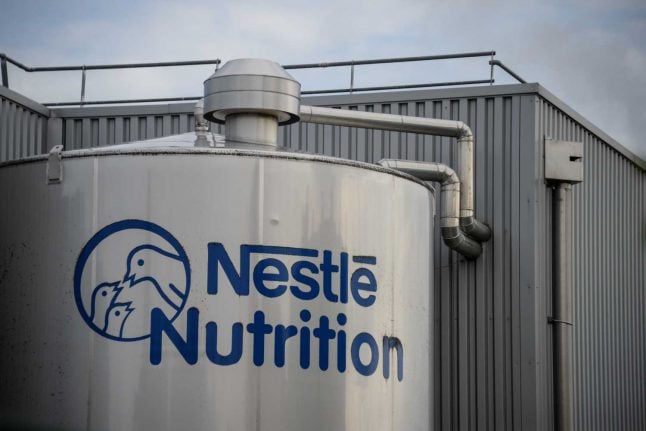Nestle, which has come under pressure from an activist investor, US hedge fund Third Point, to sell its stake in L'Oreal, insisted in a statement that it was keeping all options open regarding the 23-percent holding.
“Our shareholding continues to be an important investment for us and we remain committed to the company that has given us very good returns over the years,” Nestle said.
And it said it had “full confidence in L'Oreal's management and strategic direction.”
Nevertheless, Nestle had decided not to renew a shareholders agreement between Nestle and the L'Oreal's family shareholders, the Bettencourt family, under which neither side is permitted to increase their holdings.
The agreement is scheduled to expire on March 21, six months after the death of matriarch Liliane Bettencourt.
Nestle made it clear, however, that it had no plans to increase its stake.
“In order to maintain all available options for the benefit of Nestle's shareholders, the board of directors has decided not to renew this agreement. We do not intend to increase our stake in L'Oreal and are committed to maintaining our constructive relationship with the Bettencourt family,” the statement said.
Turning to its 2017 results, Nestle said profits took a hit from its skin health business last year and sales fell short of target.
Net profit fell by 15.8 percent to 7.2 billion Swiss francs (€6.2 billion).
“This was mainly due to an impairment of goodwill related to Nestle Skin Health, which was taken to reflect the current prospects of the business,” the statement said.
Revenues, for their part, edged up by 0.4 percent to 89.8 billion Swiss francs. But so-called “organic” growth, which is adjusted for exchange rate developments and divestments or acquisitions, stood at 2.4 percent.
“Organic growth… was at the low end of our expectations,” said chief executive Ulf Mark Schneider, who took over in January 2017.
Looking ahead, Schneider said Nestle, was pencilling in organic sales growth of between two and four percent in 2018.
Nestle's shares fell 2.3 percent in morning trading, while Switzerland's main stock index up 0.3 percent.



 Please whitelist us to continue reading.
Please whitelist us to continue reading.